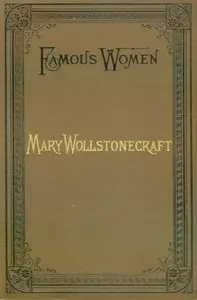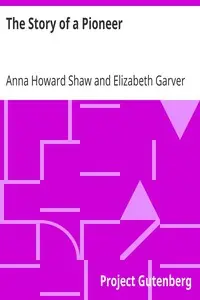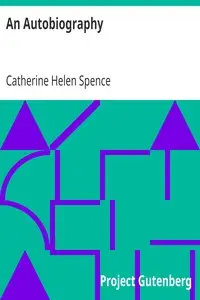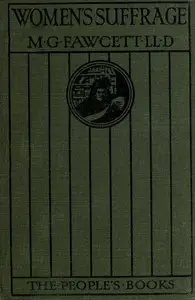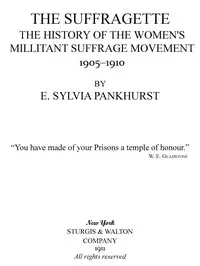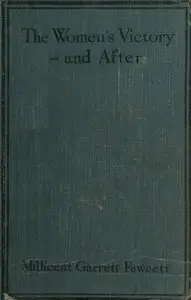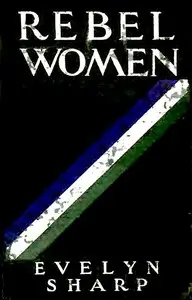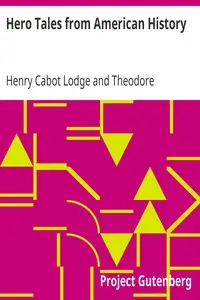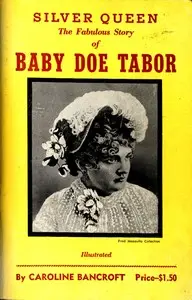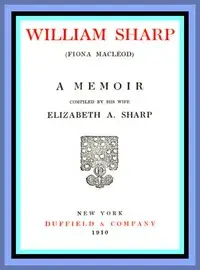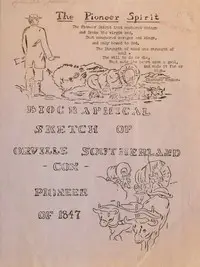"My Own Story" by Emmeline Pankhurst is a gripping historical account of one woman's fight for equality in early 20th century England. Pankhurst chronicles her personal journey in the women's suffrage movement, sharing the battles and strategies employed to gain political rights for women during a time of great social change. Beginning with her childhood, she recalls how her family's involvement in the fight against slavery and her early life experiences shaped her strong sense of justice and her awareness of inequality. These formative years set the stage for her later dedication to women's rights, documenting her growing realization of the limitations and societal expectations placed upon women, before recounting the path that leads her to becoming a leader of the suffrage movement.
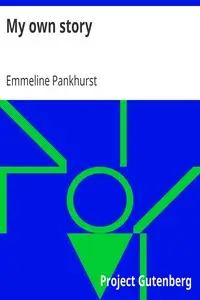
My own story
By Emmeline Pankhurst
Witness the relentless struggle for women's rights as one activist recounts her transformation into the fiery leader of a movement that shook the foundations of Edwardian society.
Summary
About the AuthorEmmeline Pankhurst was a British political activist who organised the British suffragette movement and helped women to win in 1918 the right to vote in Great Britain and Ireland. In 1999, Time named her as one of the 100 Most Important People of the 20th Century, stating that "she shaped an idea of objects for our time" and "shook society into a new pattern from which there could be no going back". She was widely criticised for her militant tactics, and historians disagree about their effectiveness, but her work is recognised as a crucial element in achieving women's suffrage in the United Kingdom.
Emmeline Pankhurst was a British political activist who organised the British suffragette movement and helped women to win in 1918 the right to vote in Great Britain and Ireland. In 1999, Time named her as one of the 100 Most Important People of the 20th Century, stating that "she shaped an idea of objects for our time" and "shook society into a new pattern from which there could be no going back". She was widely criticised for her militant tactics, and historians disagree about their effectiveness, but her work is recognised as a crucial element in achieving women's suffrage in the United Kingdom.

